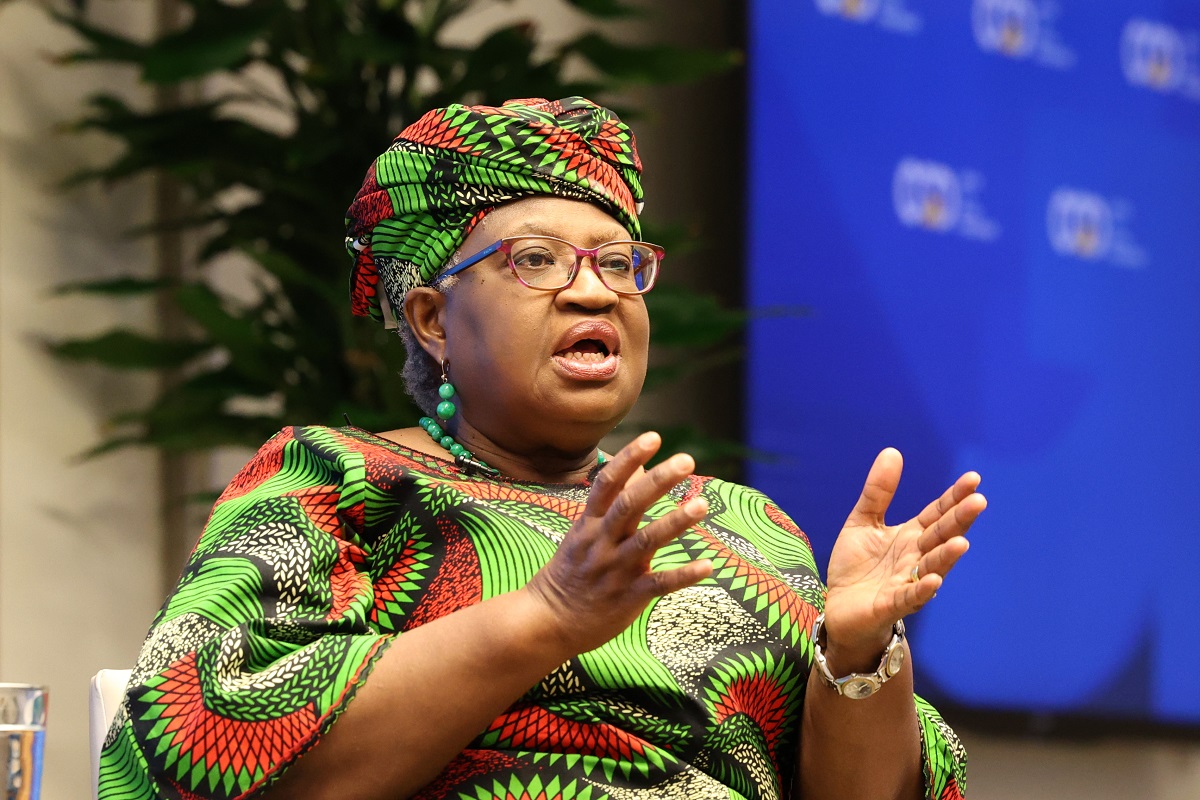The UK Government has today published a white paper on its broad approach to Brexit—what ’s missing though is a commitment to developing countries on the UK’s trade policy. Having emphasised trade at the heart of its economic strategy on international development, it now needs to commit to providing “duty free quota free” access for developing countries, or risk damaging investment and trade over the next two years and beyond.
DFID’s first economy strategy is welcome…
The UK Department for International Development (DFID) published its “Economic Development Strategy” this week. This is DFID’s first published strategy of this kind and the Government deserves credit for recognising that stimulating economic growth is essential to eradicate extreme poverty and delivering the ‘Global Goals.’ It is reassuring that the strategy focuses on growth in developing countries and not on the potential benefits for British business.
…and rightly has trade front and centre
The first of the strategy’s 11 priorities is “Focusing on trade as an engine for poverty reduction.” The strategy emphasises the UK’s role in funding developing countries negotiating capability (which played a part in getting rid of the developmentally horrendous export subsidies at the WTO’s biggest ever agricultural agreement in Nairobi). It also confirms its commitment to ‘aid for trade’ (which is meant to address in-country trade infrastructure).
But what about the UK’s own trade policy?
But the commitment that’s most important to developing countries – on the UK’s own trade policy—is incomplete. Here DFID’s commitment is to work with the Trade Department to “deepen our trade relationships with developing countries. We will continue to open our markets to the world’s poorest countries” and to use “our voice in the World Trade Organization, international institutions such as the World Bank, and the G20 to promote free trade … and to push back on emerging protectionist approaches.”
These are excellent sentiments but the UK is potentially just two years away from Brexit, and the Prime Minister has made it very clear the UK will have its own trade policy. Today’s White Paper is similarly non-committal suggesting the UK “...can prepare the ground… to ensure continued preferential arrangements for developing countries.“
Potential UK and other investors in developing countries need more clarity. The UK’s large developing country partners are already feeling the effects of depreciation and uncertainty. In Africa, the UK’s stock of investment has more than doubled since 2005 to some £42.5billion. Trade access could be quickly addressed and reduce the chance of the UK losing ground to other investors in the region (China and India are already sub-Saharan Africa’s largest export destinations). So it is a shame that neither document went further. The government should do so as soon as possible.
Post-2019—the first steps
The very first step in 2019, whether as part of transition arrangement or otherwise, is to continue to provide the “duty free quota free” access that some developing countries already enjoy, as my colleagues suggested in CGD’s first Brexit paper last summer. This step will have no bearing on the UK’s negotiation with the EU; it would encourage UK and other businesses to move ahead with investment plans in those countries; it will be good for British consumers and business who import from developing countries; and it will be entirely within the UK’s gift as it establishes a new schedule at the WTO. Indeed, the UK should also commit to exploring how it might improve on the EU’s current approach by, for example, extending free access to more developing countries, cutting red tape at the border (like improving “rules of origin” and simpler administration).
Political cover is also needed to make progress in other areas. Officials need to be able to discuss substance with both the WTO and developing countries. We proposed four steps for the UK to be a global leader on trade for development. Some elements—like low overall tariffs, agricultural subsidies, and reduced thresholds for VAT at the border—are clearly whole-of-Government issues but others, like defining and extending duty free access to more poor countries, can be progressed more quickly.
A British Trade Promise
The Government has rightly taken its time to establish its broad approach to Brexit, and has now made clear the UK will have its own trade policy. Decisions and negotiations are complex and interdependent. Still, on trade for development, the way is clear and urgent—Britain should make a British Trade Promise to confirm the continuation of duty free quota free access, and commit to improve on the EU approach by including more countries, and making administration simpler.
Disclaimer
CGD blog posts reflect the views of the authors, drawing on prior research and experience in their areas of expertise. CGD is a nonpartisan, independent organization and does not take institutional positions.





